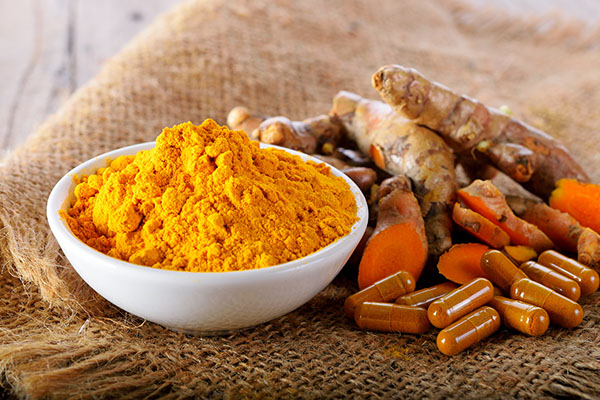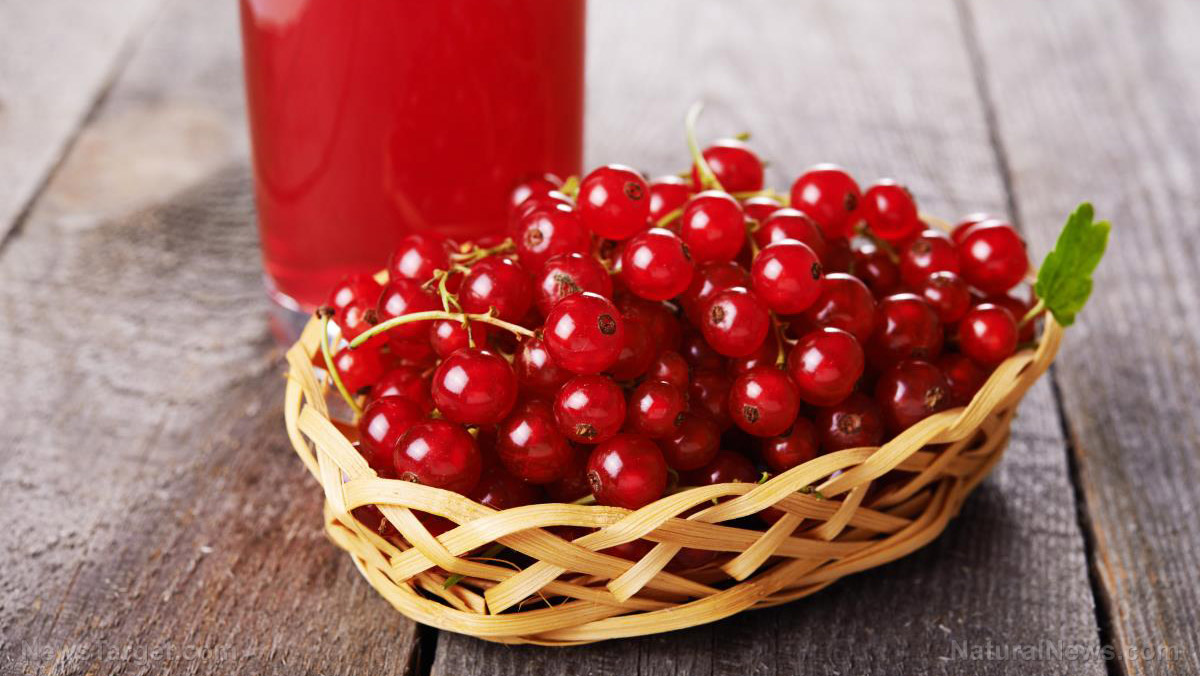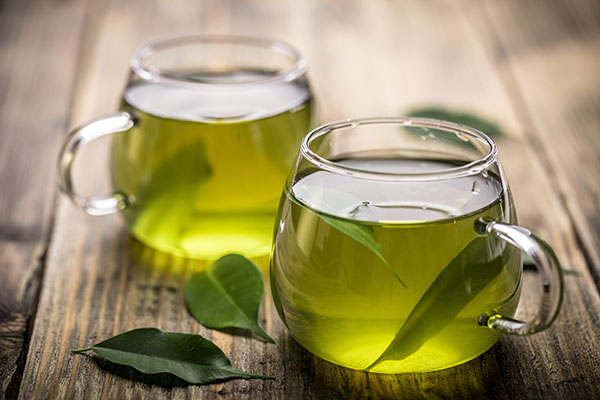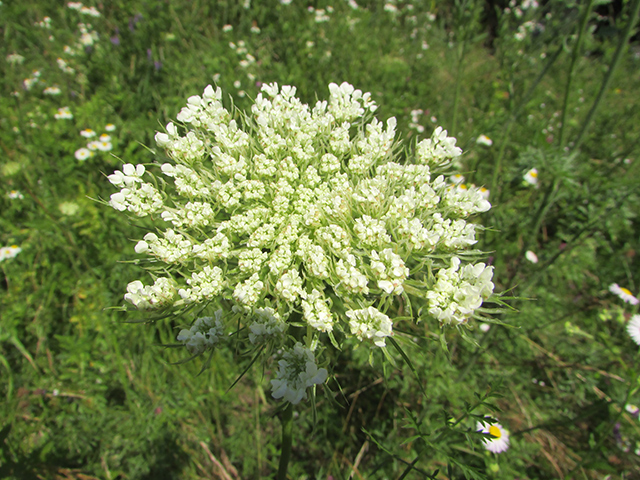11 Amazing health benefits of avocado leaves
10/09/2023 / By Evangelyn Rodriguez
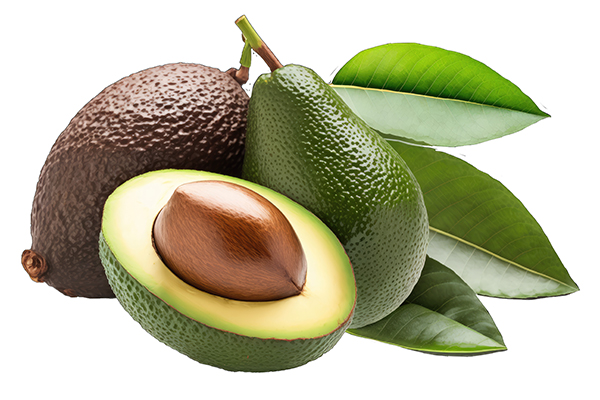
The avocado fruit (Persea americana) is a well-known superfood that offers a variety of health benefits. A rich source of healthy fats and vitamin C, this remarkable fruit is said to protect the heart by lowering bad cholesterol and even helps manage diabetes by suppressing the postprandial rise in blood glucose and insulin.
But aside from the fruit, the leaves of the avocado plant also have much to offer health-wise. According to a study published in the journal Molecules, avocado leaves contain an abundance of bioactive compounds with many health-supporting and medicinal properties. In fact, avocado leaves have been used for centuries as a traditional medicine for a wide variety of ailments.
After analyzing the chemical components of avocado leaves from Mexican cultivars, the researchers identified 41 active plant compounds, 18 of which were phenolic compounds that have never been isolated before. These polyphenolic compounds all showed high antioxidant activity, suggesting that avocado leaves have promising applications both as a functional food and as a source of pharmaceutical agents.
In case you’re wondering, avocado leaves have plenty of uses in the kitchen. Fresh avocado leaves can be used as a bed for roasting meats or as a wrapper when steaming or grilling fish. You can also add dried avocado leaves to soups, stews and mole sauces or make salad dressings with them. Medium to large avocado leaves, once dried, can be used to make herbal teas, while tender young leaves can be used sparsely as greens in salads.
Here are 11 wonderful reasons to add avocado leaves to your meals:
They protect against oxidative stress
Oxidative stress, which can damage healthy cells and their components, including DNA, protein and lipids, is caused by an imbalance between the body’s production of free radicals and its ability to neutralize these reactive products using antioxidants. Oxidative stress has been linked to many chronic conditions, such as cardiovascular and neurological diseases, inflammatory disorders and different types of cancer.
As an abundant source of natural antioxidants, avocado leaves can provide protection against oxidative stress. A study published in the Asian Journal of Scientific Research reported that avocado leaves contain a wide variety of flavonoids, saponins, tannins, alkaloids and plant sterols which are responsible for the leaves’ antioxidant and anti-inflammatory properties. (Related: Avocado seeds contain compounds that reduce inflammation.)
They can boost your immune system
Avocado leaves contain a good amount of vitamin C, a highly important nutrient for immune function. Studies show that vitamin C supports the normal activities of cells that make up your innate and adaptive immune system. A potent antioxidant in its own right, vitamin C also helps protect the skin from oxidative damage and promotes its epithelial barrier function, which helps keep pathogens out.
In addition to antioxidants, research has found that avocado leaves also contain compounds that can boost your white blood cell counts. White blood cells are the immune cells responsible for fighting infections.
They help prevent or treat kidney stones
Avocado leaf extracts have been shown to prevent the formation of kidney crystals which eventually become kidney stones. This is why drinking avocado tea has long been the go-to remedy for many people around the world who are suffering from kidney stones. According to an animal study conducted by researchers at the IPB University in Indonesia, avocado leaves are a natural diuretic, so they can help you flush kidney stone-forming minerals out of your body.
The study also found that avocado leaves can inhibit the formation of kidney crystals, particularly calcium oxalate, better than furosemide, a loop diuretic also known as a water pill. According to the researchers, this benefit of avocado leaves is thanks to its flavonoid and potassium content.
They protect against liver injury
Hepatotoxicity, which is characterized by liver injury or impairment of liver function, can be caused by exposure to pharmaceutical drugs, food additives, alcohol and other harmful chemicals. According to a study published in the African Journal of Traditional, Complementary and Alternative Medicines, avocado leaves is packed with bioactive components that can protect the liver from chemical-induced hepatotoxicity and oxidative damage.
In a different study, researchers looked at the effects of avocado leaf extract on total cholesterol, triacylglycerols, protein levels and hematological markers and found that they can help reduce cholesterol levels and prevent the development of fatty liver disease.
They help lower blood pressure
The antioxidants in avocado leaves can also help relax your blood vessels. As mentioned earlier, avocado leaves have been shown to help reduce blood cholesterol levels. Coupled with their positive effect on blood vessels, avocado leaves can help lower your blood pressure naturally.
For best results, brew yourself avocado tea three times or more per week.
They can inhibit the growth of bacteria and fungi
Avocado leaves contain polyphenols and pinene – substances that can inhibit the growth of bacteria. A study published in the journal Biochemistry Research International reported that avocado leaf extracts can inhibit the growth of fungi like Candida albicans and C. tropicalis, which has been known to cause hospital fungal infections.
They help reduce convulsions from seizures
A seizure is the result of a neurological imbalance from too much nerve activity in the brain. Researchers have noted that avocado leaves work to improve the transmission of gamma-aminobutyric acid (GABA), a calming brain chemical (neurotransmitter). This neurotransmitter decreases the likelihood of seizures occurring. Scientific evidence suggests that avocado leaves may be useful for the holistic management of epilepsy in children.
They improve digestive health
The polyphenolic and flavonoid compounds in avocado leaves play a role in balancing the acidity of the stomach, which helps prevent ulcers. Ulcers are common in individuals who experience high levels of stress. Not only can avocado tea help relieve stress, but it can also help prevent stomach ulcers.
Drinking avocado tea with honey can help improve digestion and prevent constipation. It can also help soothe an upset stomach, relieve bloating and improve overall digestive health.
They help lower blood glucose levels
According to a study involving diabetic rats, avocado leaf extracts can help reduce blood glucose levels by inhibiting the absorption of glucose in the intestine. Avocado leaves also promoted the regeneration of cells called islets of Langerhans, which are the pancreatic cells responsible for secreting insulin.
They help treat asthma symptoms and headaches
Pinene in avocado leaves has been found to be a natural bronchodilator, which helps relax and opens the airways, or bronchi, in the lungs.
Avocado tea is also said to help with headaches by improving the flow of oxygen in the brain. The stress-relieving effect of avocado tea could also help treat headaches.
They help prevent cancer
Studies show that the pinene and limonene in avocado leaves can inhibit cancer cell growth and act as chemoprotective agents. (Related: Avocado: A superfood with cancer-fighting potential.)
The avocado fruit and its leaves are medicinal foods that can improve your health when incorporated into a healthy diet. Find out more about these superfoods at SuperFoods.news.
Watch the following video to learn more about the health benefits of avocado leaves.
This video is from the Daily Videos channel on Brighteon.com.
More related stories:
Love avocado? Don’t miss out on the natural antioxidants and fiber hidden in the seed.
Avocados: 5 Reasons to eat one today and every day!
Enjoy the health benefits of the delightful avocado.
Study shows avocado leaves can help repair injuries in major organs.
Avocado PITS found to be a “goldmine” of nutrition, with powerful nutrients that prevent disease.
Sources include:
ClinPhytoScience.SpringerOpen.com
Submit a correction >>
Tagged Under:
antioxidants, avocado, avocado leaves, blood sugar, diabetes cures, digestion, food cures, food is medicine, food science, health science, heart health, herbal medicine, Herbs, immune system, kidney health, liver health, natural antibiotics, natural cures, natural health, natural medicine, plant medicine, remedies
This article may contain statements that reflect the opinion of the author
RECENT NEWS & ARTICLES
PlantMedicine.News is a fact-based public education website published by Plant Medicine News Features, LLC.
All content copyright © 2018 by Plant Medicine News Features, LLC.
Contact Us with Tips or Corrections
All trademarks, registered trademarks and servicemarks mentioned on this site are the property of their respective owners.


